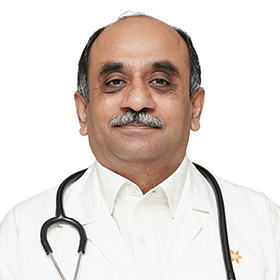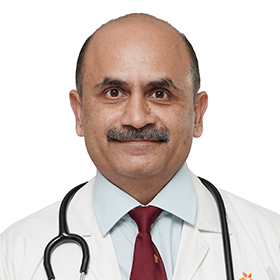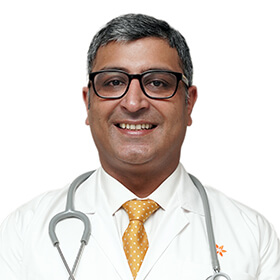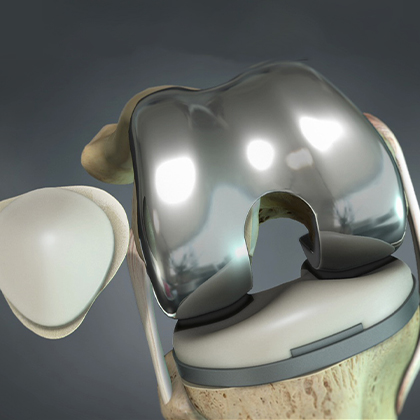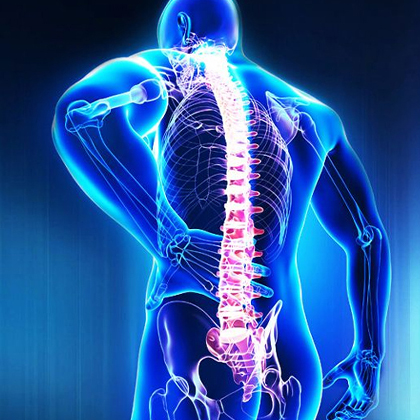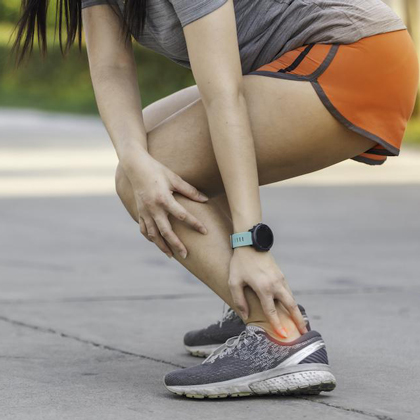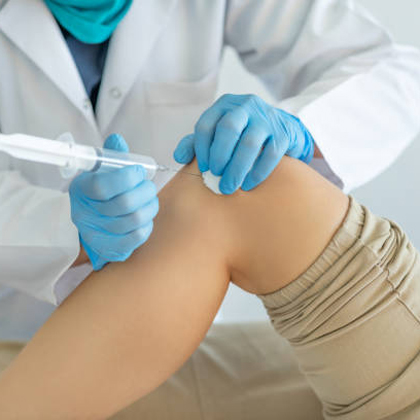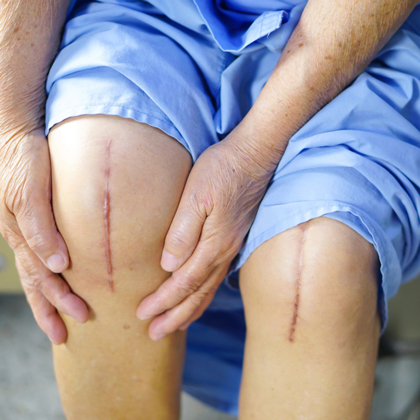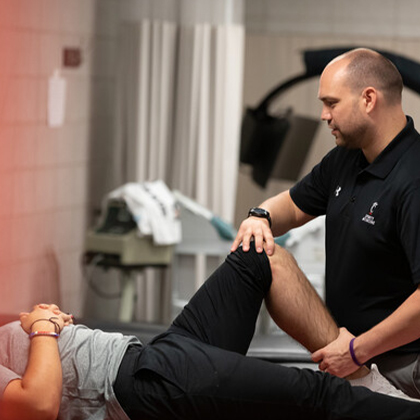
Arthritis
The word Arthritis describes a group of conditions that impact the joints, tissues surrounding the joints & other connective tissues. Arthritis means inflammation & tenderness of the joint.
The most common type of arthritis is Osteoarthritis. The other common ones include gout & rheumatoid arthritis. It is commonly seen in individuals over the age of 65 but may also affect younger population including children.
At Elite Orthopedics, our doctors are highly skilled & experienced in providing the best treatment for arthritis.

There are over 100 types of arthritis. These tend to be split into the following categories:
Inflammatory ArthritisThis condition is characterised by severe inflammation that does not occur as a normal body response to injury or infection. This type of inflammation damages the affected joints leading to pain, stiffness & swelling.
Common types of inflammatory arthritis are:
- Rheumatoid Arthritis
- Reactive Arthritis
- Ankylosing Spondylitis
- Psoriatic Arthritis
This involves damage to the cartilage by making it thinner & rougher. The role of cartilage is to help the joints glide & move smoothly. But this condition damages the cartilage. In response to loss of cartilage & changes in joint function, the body attempts to remodel the bone to restore stability. This can lead to bony growths known as osteophytes. This is commonly seen in osteoarthritis.
Connective Tissue DiseaseConnective tissues are tendons, ligaments & cartilage. Their role is to support, bind together or separate other body tissues & organs. Connective tissue disease involves joint pain & inflammation. In some cases, inflammation also tends to occur in other tissues like skin, muscles, lungs & kidneys. Common forms of connective tissue disease include:
- Sjogren’s syndrome
- Lupus or SLE
- Scleroderma or Systemic Sclerosis
- Dermatomyositis
In some cases, inflammation can result from a virus, bacteria or fungus entering the joint. Common organisms that infect joints are:
- Salmonella, which spreads through food contamination
- Chlamydia & gonorrhoea which are STDs
- Hepatitis C, which may spread through blood transfusions.
This involves accumulation or build up of uric acid which leads to formation of needle like crystals in the joints. This causes sudden & extreme joint pain, also known as Gout attack.
Childhood ArthritisJuvenile idiopathic arthritis is the most common type of childhood arthritis. Arthritis in children can lead to permanent damage of joint. While there is no cure, there is scope for remission.
Septic ArthritisThis is an inflammation in the joints that occurs due to bacterial or fungal infection. It affects the knee & hip
The risk of septic arthritis is higher in diabetic patients, older adults, people with exiting joint disease, artificial joint implants, those on medications that suppress the immune system.
Symptoms of arthritis often come & go. But they may persist over time. The symptoms differ from one type of arthritis to the other.
However, there are 4 key warning signs that warrant a visit to an experienced Orthopaedic.
- Pain
- Swelling
- Stiffness
- Difficulty moving a joint
There are few factors that are known increase one’s risk of developing arthritis. These include:
-
Family History
If an individual’s parents or siblings have arthritis, then there is a greater chance of developing it.
-
Older age
Most types of arthritis including RA, gout & osteoarthritis increases with age
-
Gender
While women are more likely to develop rheumatoid arthritis, men are likely to develop gout.
-
Previous injury
People who’ve injured a joint while playing sports are more likely to develop arthritis
-
Obesity
Excess weight can put stress on joints, particularly the knees, hips & spine. People who are overweight are at a greater risk of developing arthritis.
If you are at risk of developing arthritis, consult our expert orthopaedic surgeons at Elite Orthopedics to find out how you can lower your chances of developing this condition
Your doctor will recommend some lab tests along with the following imaging tests
- X Rays
- CT
- MRI
- Ultrasound

The aim of arthritis treatment is on relieving symptoms & improving joint function. The following are the treatment options:
MedicationsCommon medications used to treat arthritis are:
- Non Steroidal Anti-Inflammatory Drugs (NSAIDs)
- Corticosteroids
- Disease Modifying Antirheumatic Drugs (DMARDs)
A patient may be recommended surgery if conservative measures like medications & physiotherapy do not work. Surgical treatments include:
- Joint repair: This involves smoothening or realigning to reduce pain & improve function
- Joint replacement: This involves removal of the damaged joint & replacing it with the artificial one
- Joint Fusion: This involves removing the ends of two bones in the joint & locking them together until they heal into one rigid unit

+91 123456789
eliteOrthopedics@gmail.com
Yashoda Hospitals Hitec City
